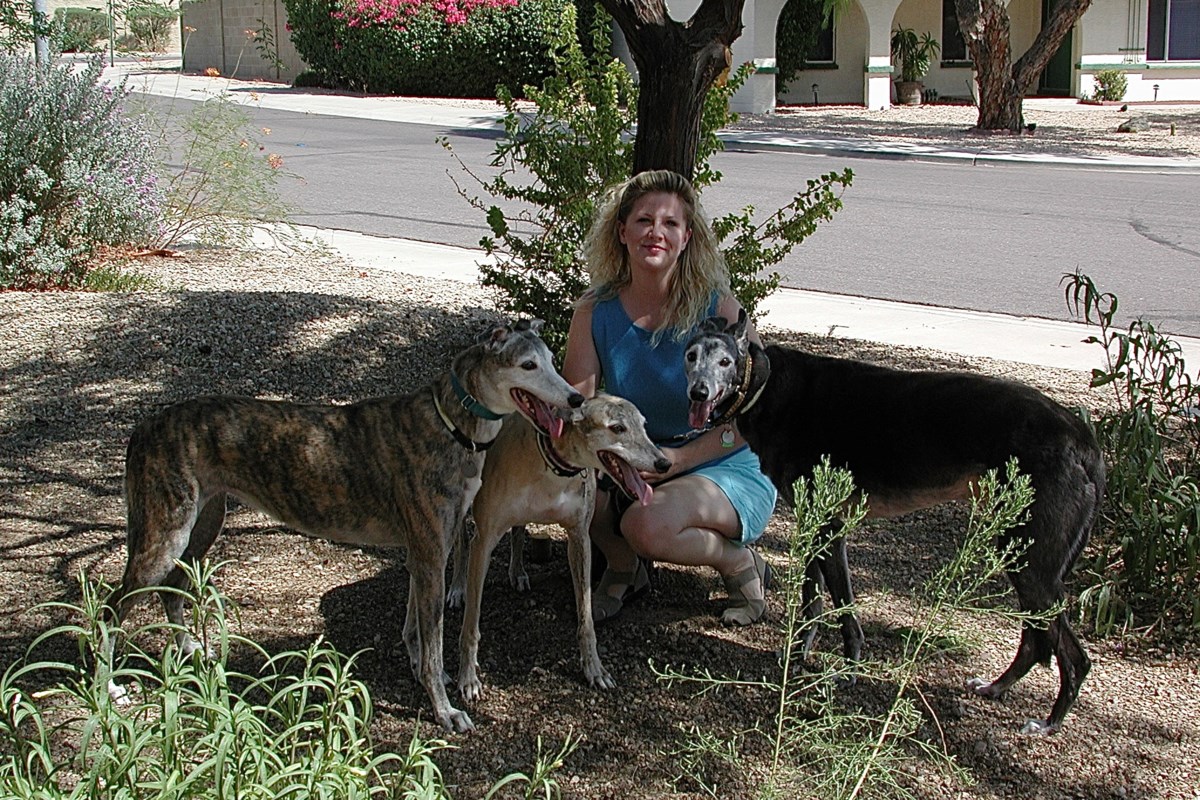Our pet dogs these days aren’t trying to move up the social hierarchy ladder to vie for leadership. They are skillful opportunists who are trying to control what happens to them, what they get to do, and when and how they get to do it. They don’t want your job as head of household. They want control over their world. That is where the parenting comes in.
One of the most common things we read and hear regarding dog training is about how important it is to show your dog that you are the boss. This outdated phrase can cause problems when we are faced with many types of behavior problems with our dogs. Dogs have co-evolved with humans through tens of thousands of generations. They have actually evolved to have different traits than their wild ancestors to make them more suitable for life with humans. During domestication, dogs became neotenized, meaning their former social, emotional and behavioral development was stunted. Along with permanent immaturity, they developed floppy ears, shorter muzzles, variations in coat color and larger eyes. Researchers found that some dog breeds—including Chihuahuas, Labradors, Bloodhounds, German Shepherds, Siberian Huskies and some mutts—all had a small, specialized muscle in the middle of the top eyelid, called the levator anguli oculi medialis, which they use to manipulate us with those soulful, puppy dog eyes.
So, should we treat our dogs like a human child? Of course not. Dogs don’t share a language with humans that allows us to move back and forth in time through conversation. As a result, a dog’s learning is mostly experiential because we can’t reason with them. Our pet dogs these days aren’t trying to move up the social hierarchy ladder to vie for leadership. They are skillful opportunists who are trying to control what happens to them, what they get to do, and when and how they get to do it. They don’t want your job as head of household. They want control over their world. That is where the parenting comes in.
Dogs should not raise and socialize themselves even though they certainly can. They must live in a very complicated and dynamic world with humans. To do that, they must adapt to our needs and expectations. Socialization is about a dog learning to live in a human world which requires a whole lot of guidance. This guidance needs to include limitations, natural consequences and a lot of reinforcement from their humans. That reinforcement teaches them what we want them to do. The limitations keep their way from becoming habitual behavior. Natural consequences help them to make choices for their behavior next time around. We want to be a part of that sequence as much as possible. If we simply let them learn on their own such as taking them to the dog park, stepping back and watching natural consequences in action, we will have no control over the outcome of those lessons. We need to guide our dogs’ experiences and limit their interaction if their behavior is not socially appropriate in those situations.
Along with that guidance comes acceptance. Our dogs are not going to be good at everything we train them, nor will their behavior be suitable for every social situation. The best thing we can do is love them enough to be an active teacher in their life. We shouldn’t love them so much that we never want them to be disappointed and allow them to simply be the dogs that they are. As a result of their co-evolution with humans, dogs need guidance to successfully live in our world. I once read a great expression: “If we treat our dogs like humans, they will treat us like dogs.” We want our dogs to treat us as the humans we are: loving, trustworthy and teachers of how to successfully navigate our complicated world.
Please reach out to us or another certified expert in dog behavior and training to help you learn how to best guide your dog through training. If you hear old school dominance phrases such as showing your dog who is boss or any other recommendations that don’t feel compassionate, practical and sustainable for you and your family, please keep looking for a better match for your training and behavior needs.
Sam Freeman, CPDT-KSA, is the president and owner of Pet Behavior Solutions and Edu-Care for Dogs. She is the creator of the Core Behavior Assessment, which is the behavior evaluation program used by many animal shelters and animal control agencies in Arizona. Freeman is certified through the Certification Council for Professional Dog Trainers and has completed specialized education and training in psychology, learning theory, ethology, family counseling, behavior modification techniques, aggression, canine and feline behavior issues, and grief counseling. Reach her at 480-200-2011 or visit petbehaviorsolutions.com.








